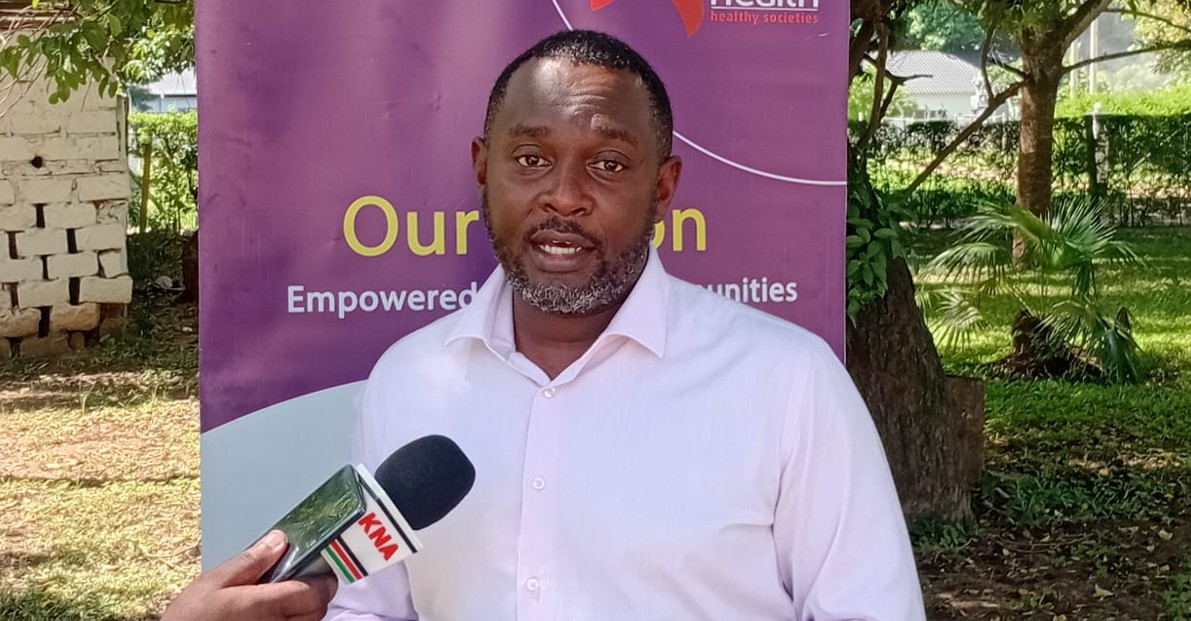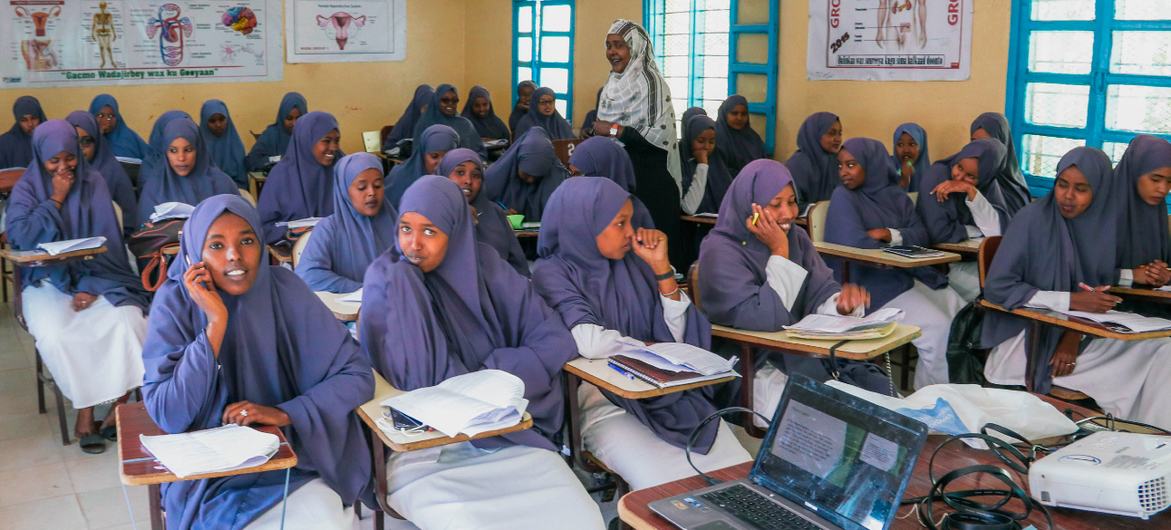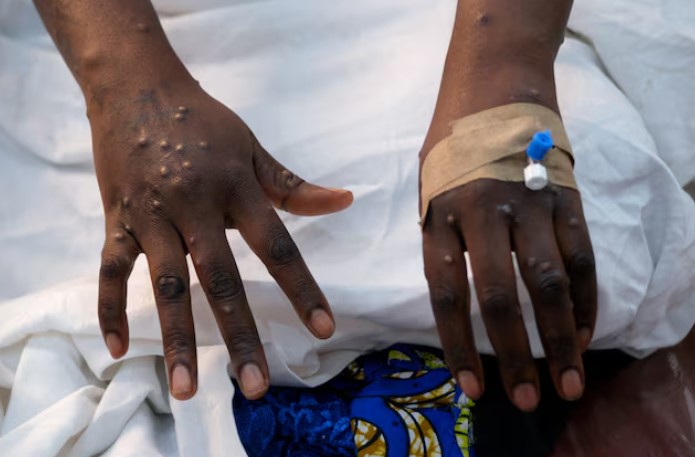Silent suffering: Kilifi women demand action on misdiagnosed ‘hidden’ disease in reproductive health

Female genital schistosomiasis, caused by parasitic worms from infected water, is often mistaken for an STI because of similar symptoms, leading to wrong treatment and prolonged suffering.
Women in Kilifi County are urging health authorities to recognise and include female genital schistosomiasis (FGS) in reproductive health services, after new research revealed that the disease is often misdiagnosed and overlooked.
The appeal comes after a recent study conducted by LVCT Health, a non-governmental organisation, found that 320 out of 2,000 women screened across hospitals and clinics in the county had been infected with FGS.
More To Read
- Activists alarmed as Kwa Binzaro ‘Shakahola 2’ exhumations delayed, warn against mass grave
- DNA backlog leaves 300 Shakahola victims unburied two years after massacre
- Kilifi ramps up beach safety efforts after surge in drowning cases
- Fresh evidence forces delay in cult leader Paul Mackenzie’s trial linked to 400 deaths
- Three shallow graves found in Kilifi's Kwa Binzaro village as fears of cult killings resurface
- Malindi embraces inclusive tourism as local, foreign investors open doors to community
The disease, which is caused by parasitic worms spread through contact with infected water, is often mistaken for a sexually transmitted infection (STI) due to its symptoms, resulting in incorrect treatment and prolonged suffering.
“I endured two years of pain, itching, and bleeding, and the worst part was that no one knew what I had. Doctors kept saying it was an STI. It nearly destroyed my marriage because of the stigma,” said Rehema Gona.
Mwanajuma Kombe, a mother of three, shared a similar experience.
“I kept going to the hospital, but every time they gave me drugs for infections I didn’t have. I felt like I was going mad. I was even advised to stop being intimate with my husband. It took a toll on our relationship and my mental health,” she said.
Discomfort and embarrassment
Another woman, 22-year-old Florence Charo, said she struggled in college due to the persistent discomfort and embarrassment the disease caused.
“I could not sit through a full lecture without feeling pain or shame. I had no idea it was something from water. I thought it was just my body failing me.”
Dr Robinson Karuga, a lead researcher with LVCT Health, confirmed the confusion in diagnosis.
“Sixteen per cent of women tested were found to have genital schistosomiasis, yet many had been treated for STIs. The parasite, carried by freshwater snails, has been overlooked in reproductive health discussions,” he said.
Researchers are now pushing for the integration of FGS diagnosis and treatment into the broader reproductive health framework.
Antibiotic resistance
Stephen Mulupi, another expert involved in the study, warned that the continued use of antibiotics for misdiagnosed patients could weaken their immune response and contribute to antibiotic resistance.
“We must take a holistic approach. With reduced funding from international partners, merging FGS services into existing reproductive health programmes would be both efficient and sustainable,” Mulupi said.
In response to the findings, Kilifi County health officials have pledged to act.
County Health Director, Dr Hassan Leli, acknowledged the urgency of the matter, stating that public sensitisation and professional training will be prioritised to address the knowledge gap among healthcare workers.
Meanwhile, County Assembly Health Committee Chairperson Edward Ziro promised to champion legislation that would support the integration of FGS treatment in county health budgets and ensure frontline health workers are well-equipped to manage the disease.
“This is not just about one illness, it is about correcting a systemic oversight in how we treat women’s health issues,” Ziro said.
FGS remains a largely silent affliction, especially in rural areas where women have limited access to specialised healthcare.
Top Stories Today












































